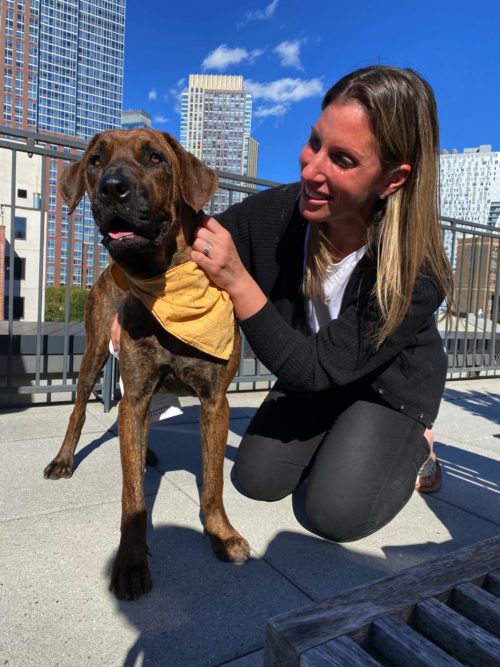
By Lisa Kava
Upper West Sider Jane Moskowitz has been hard at work rescuing stray dogs from the dreaded “Kill Cage” on the island of Aruba — a place where dogs are inhumanely euthanized to prevent overpopulation. Moskowitz ultimately places them in loving homes here in New York City, and is currently looking for adopters.
Some of the pups now available for adoption are pictured throughout this story.

A former elementary-school-teacher-turned reading-and-writing tutor, Jane, along with her husband Jeremy, founded Cunucu Dog Rescue in 2018. Cunucu is a term for the dogs who live on the island, Jane told West Side Rag in a zoom interview. We call them ‘beautiful mutts.’ On average they are medium size, smart, active, and in need of daily exercise and training. They are great family pups when their needs are met.”
Jane, who was born and raised on the Upper West Side, returned to the neighborhood with Jeremy a few years after graduating from college. Jeremy grew up in the Boston suburbs, but his family has long-standing ties to the island of Aruba and frequently traveled there. Upon visiting Aruba with Jeremy’s family, Jane quickly fell in love with the island — its people and its beauty — but immediately noticed a problem that was impossible to overlook.
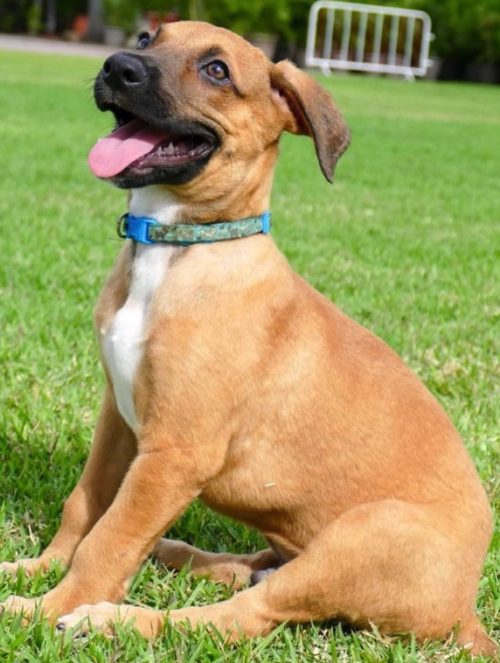
Aruba is filled with 20,000-40,000 stray dogs at any given time, Jane told the Rag. “You see stray dogs on the road or on the beach within five minutes of being there.” The dogs are not spayed or neutered so the problem continues to escalate.
The “Kill Cage” was recently renamed by the Aruban government Centro di Control di Cacho (CCC), Jane explained. Dogs are either picked up off the street and brought to the CCC or turned in by owners who no longer want them.
“The CCC is the government’s solution to controlling the overpopulation of unwanted dogs on the island,” Jane said. “Dogs are treated cruelly and killed for no reason. If someone brings a dog to the CCC, its fate is decided by members of the government’s veterinary services. If a dog is barking too much, then he or she will almost certainly be killed on the spot. If a dog is clearly ill, then they, too, will be euthanized immediately. There are no laws against animal cruelty.”
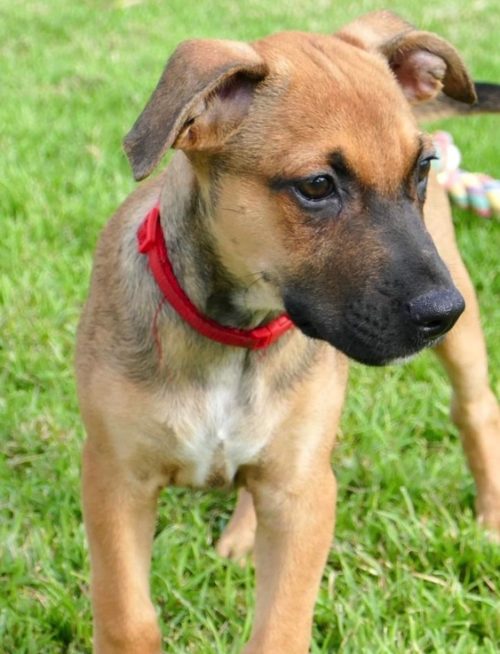
Jane and Jeremy, dog lovers, and owners of a seven-year-old dog, had already been fostering dogs from a New York-based rescue organization, where Jane volunteered. The couple felt a strong urge to help the dogs in Aruba. “We have a personal connection to this island where my husband and his entire family have been going since he was born. We feel passionately about helping,” Jane said.
The couple’s first Cunucu rescue was a dog named Hazel who they brought back to New York, fostered, and placed in a permanent home. Jane and Jeremy went on to foster three more Cunucus, finding homes for each one. Jane then contacted shelters and rescue organizations in Aruba to see how she could help more. Through her outreach, she met Jacqueline Boderie, President of Crijojo Trappers, a trap-and-release organization whose goal is to spay and neuter as many dogs as they can. “They are amazing. They are out there on the ground trying to solve this problem,” Jane said. Boderie introduced her to dog-rescue advocates in Aruba, and Jane, in turn, established relationships with people on the island willing to foster.
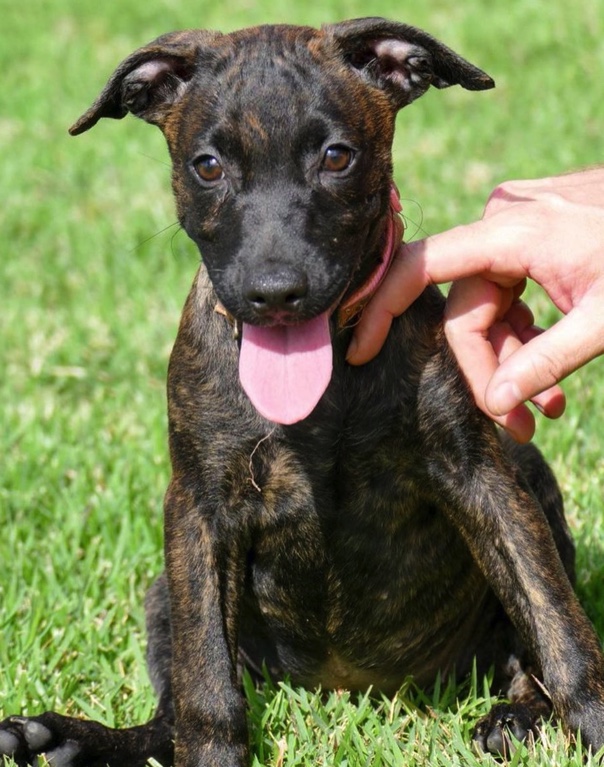
Jane now partners with Boderie in rescue efforts. Boderie, who regularly visits the Kill Cage, will call Jane, to tell her about specific dogs at risk. Jane then arranges for those dogs to be fostered in Aruba, while searching for a permanent home for them in New York. Rescued dogs remain in their foster home until they receive all age-appropriate vaccinations, and are medically approved for travel by a vet. Flight volunteers then fly the dogs from Aruba to New York, where their adoptive family meets them at the airport.
All potential adopters are interviewed and reference-checked by Jane. Once an adopter is approved, Jane sets up a virtual “meet and greet” with the foster family, where the adopter can ask the foster questions, and see their dog in action.
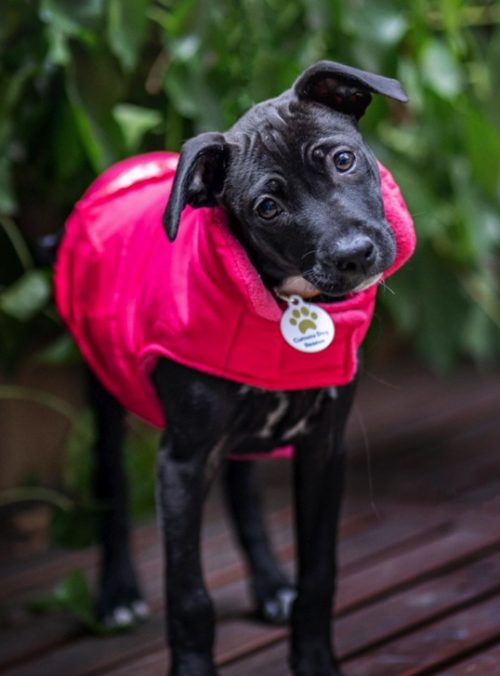
Since its inception, Cunucu Dog Rescue has placed 150 dogs from Aruba into permanent homes. Jane keeps in touch with her adopters, and loves hearing their “happily ever after” stories. But she is also aware that much more change needs to happen. “We’re putting a tiny band aid on a big problem. It’s simply not possible to save every dog. The answer must be: mandated spay/neuter, and animal anti-cruelty laws that are implemented effectively.”
If you are interested in adopting from Cunucu Dog Rescue, you can fill out an application at www.cunucudogrescue.com. For the most up-to-date information on available dogs, follow Cunucu Dog Rescue on Instagram @cunucudogrescue. Jane is eager to meet more adopters who are devoted to giving these dogs permanent homes. “I am looking for incredible families who are not just looking to add a cute puppy, but who understand what it means to have a dog.”







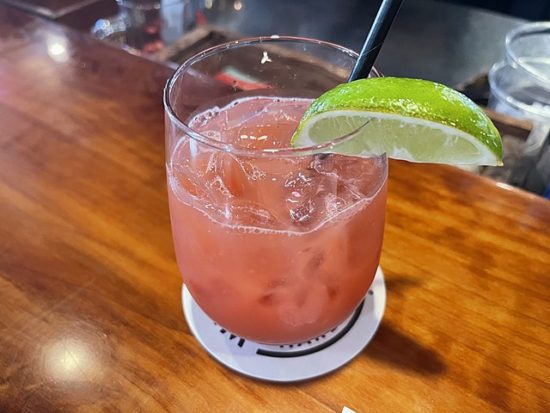

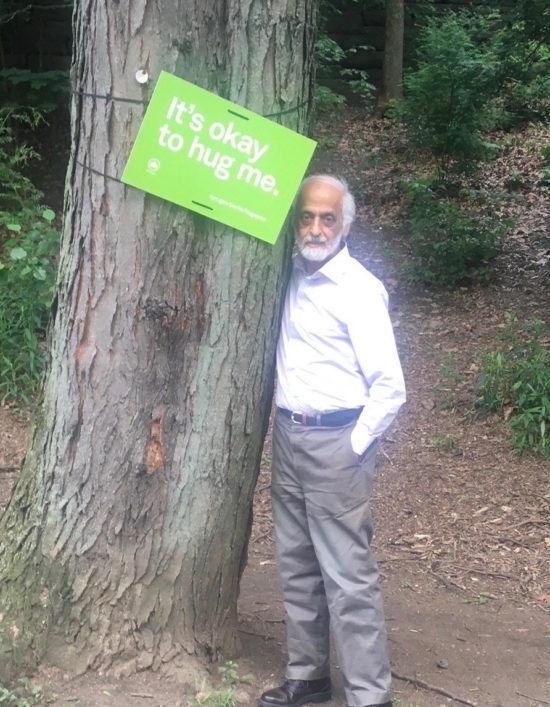
God bless.
So. Damn. Adorable.
I follow Cunucudogrescue on Instagram & Facebook. And have donated to help with medical bills in Aruba & flight transport.
Thanks for saving these beautiful pups and finding them loving homes!
These people are absolute heroes. Thank you so much for all you do, donating now to help.
We live in the UWS right by the park. I just filled out an application; hopefully will hear from them!
Can ‘we’ crowd source the monies to send a vet down to neuter as many dogs as our money allows?
Will the island approve of an attempt to neuter some of their dogs?
Thank you Jane and family. Such important work. Amazing idea to sponsor a vet to neuter.
The best thing to do is donate directly to Jacqueline’s organization, The Crijojo Trappers, since that is precisely what they do! You can donate here: https://www.paypal.com/paypalme/CrijojoTrappersAUA?fbclid=IwAR1PFiypZ8ildORBLbyoZ1CfgrLfhfrK-4RGpwATeXysi3Kt07rbOkPG29s
Thanks so much for this heartwarming coverage. Especially appreciate the links to suport the effort.
Just donated! Thanks for all that you do!
How wonderful! My last rescue passed away in May 2020. I would love a new baby but these pups are all too large for my tiny apartment.
Please apply, say you want to adopt, but must be small. Or try The Sato Project which finds homes for street dogs (many are small) from Puerto Rico.
NYC doesn’t really need to import Aruba’s dogs though just because this woman’s husband’s family from Boston “has strong ties to the island” whatever that means. And they’ve been doing this since 2018? Unless the problem is stopped at its source in Aruba, this isn’t a solution.
CTS,
What have you done to help unsheltered dogs?
Please let us know so we can help your work as well.
It’s not a permanent solution but it averts a lot of suffering. Doesn’t that count?
People used to be a little more ashamed of being openly hardhearted.
Hi there! My husband’s grandmother, who passed away a few years ago, was one of the first travel agents to start bringing US tourists to Aruba – an island whose economy almost entirely depends on tourism. He and his family have been going there for 30 years, so yes – they, and now I, have strong ties to the island. And without our help, the 150 dogs we have rescued would have died a cruel death. If you read the article to completion, you will see that I address this is not the solution, but certainly a nice way to help animals in need. If you’d like to help an organization that is indeed addressing the problem at its source, please consider supporting our partners The Crijojo Trappers. https://www.paypal.com/paypalme/CrijojoTrappersAUA?fbclid=IwAR1PFiypZ8ildORBLbyoZ1CfgrLfhfrK-4RGpwATeXysi3Kt07rbOkPG29s
Wonderful story…thanks to Jane, Jeremy and everyone else who are involved, including Jacqueline Boderie. No word on educating the local population…seems like that should be included in the equation.
Actually, “the local population” is among the best-educated in the world. For starters, virtually all “natives” speak four (!) languages: English, Dutch, Spanish and Papiamentu (the local ABC islands dialect.)
Animal husbandry, however, is not high on their list, with local wildlife generally comprising dogs, wild goats, an astonishing variety of birds and some tiny crabs that can pinch your big toe hard enough to make you jump around like a pogo stick.
You are right! And there is another organization on the island that does community education. Check them out: https://www.luna-aruba.com/
How about starting a program on Aruba of spaying and neutering? There are plenty of programs to pattern after — many that are just private people who start a program for feral dogs and cats, coordinated with a vet who donates service, to begin to reduce the animal population.